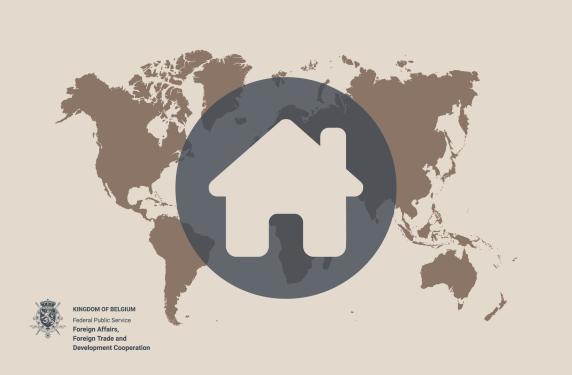-
Last updated on
The Embassy of Belgium in Addis Ababa reserves the right to refuse the legalisation of documents that have been translated in a substandard way from Amharic or English into Dutch or French and for which the content has become incomprehensible.
A document that is official and legal in one country is not necessarily official and legal in another. Many documents must therefore be legalised if you wish to use them abroad.
The legalisation process involves checking the origin of the relevant document. Legalisation is official confirmation that the signature of the civil servant that has signed a document, or the seal or stamp on the document, is legitimate.
It is not only the signature of the person that has issued the document that is legalised, the process can also legalise the signature of the legalising registrar. Every signature, every seal and every stamp will be legalised by the person authorised to do so and who is familiar with each signature, seal or stamp. This explains why various legalisations are sometimes required, in a specific order.
A country may have signed up to a legalisation treaty that encompasses agreements about how countries accept one another's official documents. Many countries have signed up to the "Apostille Convention" of The Hague of 5 October 1961. With this, just 1 legalisation is required via an apostille stamp.
Questions and answers about the legalisation of documents
For legalisation from abroad, you can also consult the website of our representative at the location concerned, i.e. Belgian embassies and consulates
In order to further refine your question, you can also use the Search criteria
